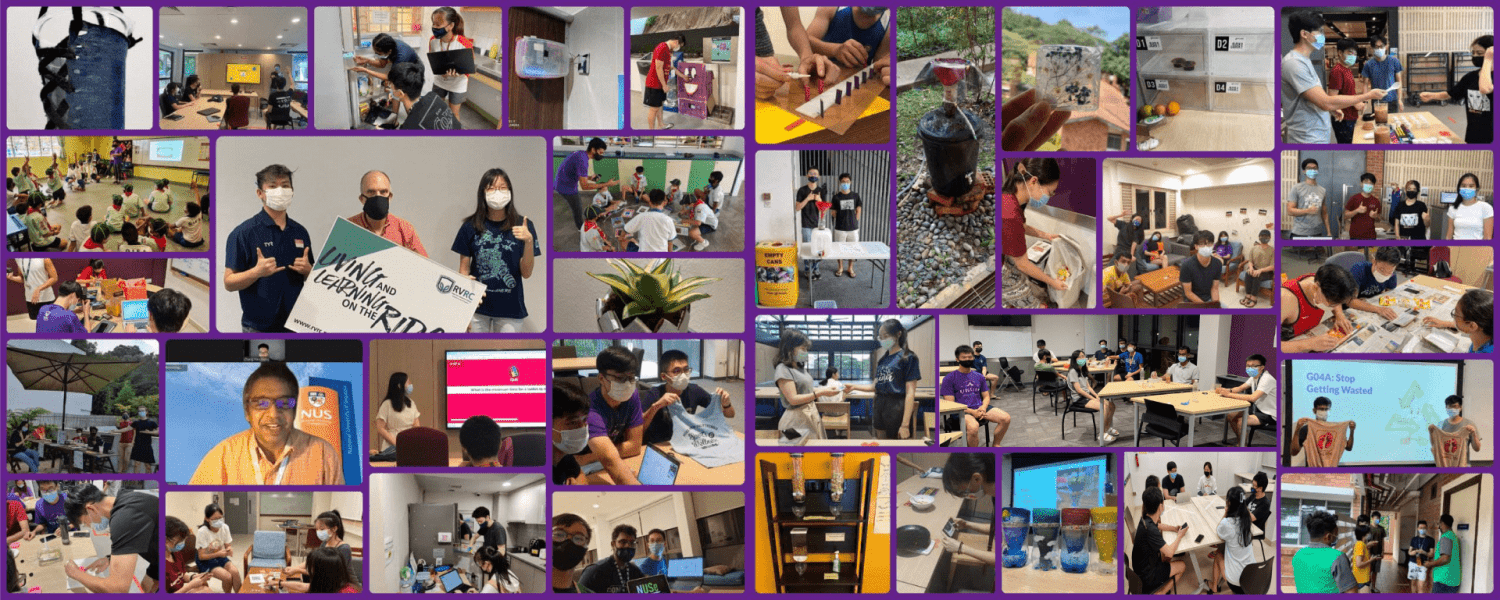Ashwin Kumaar Raviraj (FoE), Gundlapalli Prithvi (FoS), Karthikeyan Kavitha (FoE), Peter Bruce Gale (FoS), Sarah Cheong Cheng Wen (FoS), Toh Wei Li (FASS)
Academic Advisor: Prof. Adekunle Adeyeye
The start of every new semester at National University of Singapore (NUS) sees new student residents moving into campus. This is typically accompanied by the discarding of previous residents’ belongings such as lamps, wi-fi routers, cooking utensils, irons and clothes. A large percentage of these discarded items are typically in good and re-usable condition, but are still consigned as waste. This trend is largely driven by a culture of convenience. Our project aims to take a simple step towards achieving a zero-waste society by reducing this source of preventable waste through a pilot test on Ridge View Residential College (RVRC) residents. The study categorises residents into three groups – local, international and exchange students. We believe that this classification effectively reflects their varied consumption and resulting waste habits. For example, exchange students typically purchase more new items than the other resident groups because they do not bring all items of daily necessity from their homes overseas. We will first conduct a survey and collect data from relevant campus agencies and the three RVRC student resident groups to identify the source and quantify the magnitude of waste. We will then review the impact of existing measures and suggest modifications and additional initiatives. Our main initiative is a system for reusing or renting commonly-needed items (such as hangers, stand fans, desk lights, room decoration, etc). Promotion of re-use of these items could be done through a bazaar at RVR Annexe or through an app. We will also explore the option of selling items to second-hand dealers or donating them to charities. To maximise effectiveness, our solutions would have to be convenient for the target student audience, thereby leveraging on their inherent culture of convenience.
Keywords: Culture and Lifestyle Trends, Responsible Consumption, Waste Management, Recycling, Reusing
